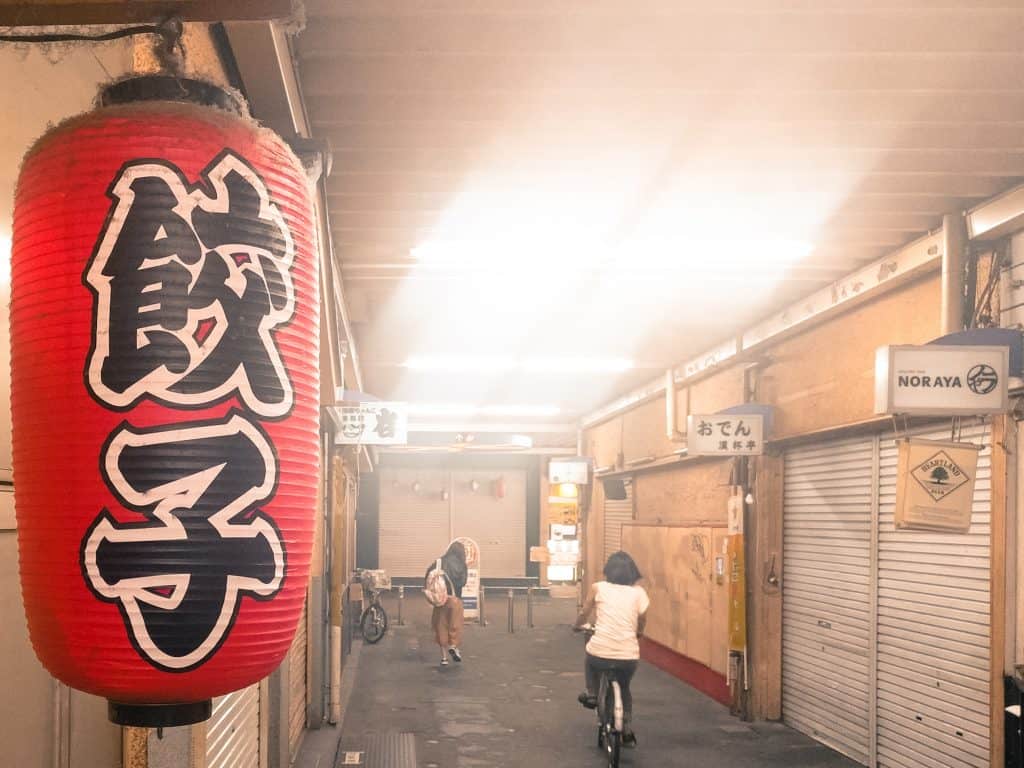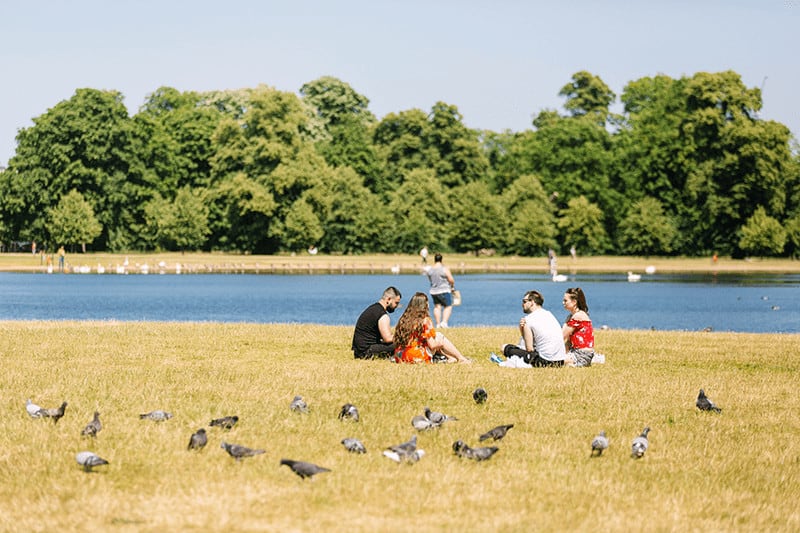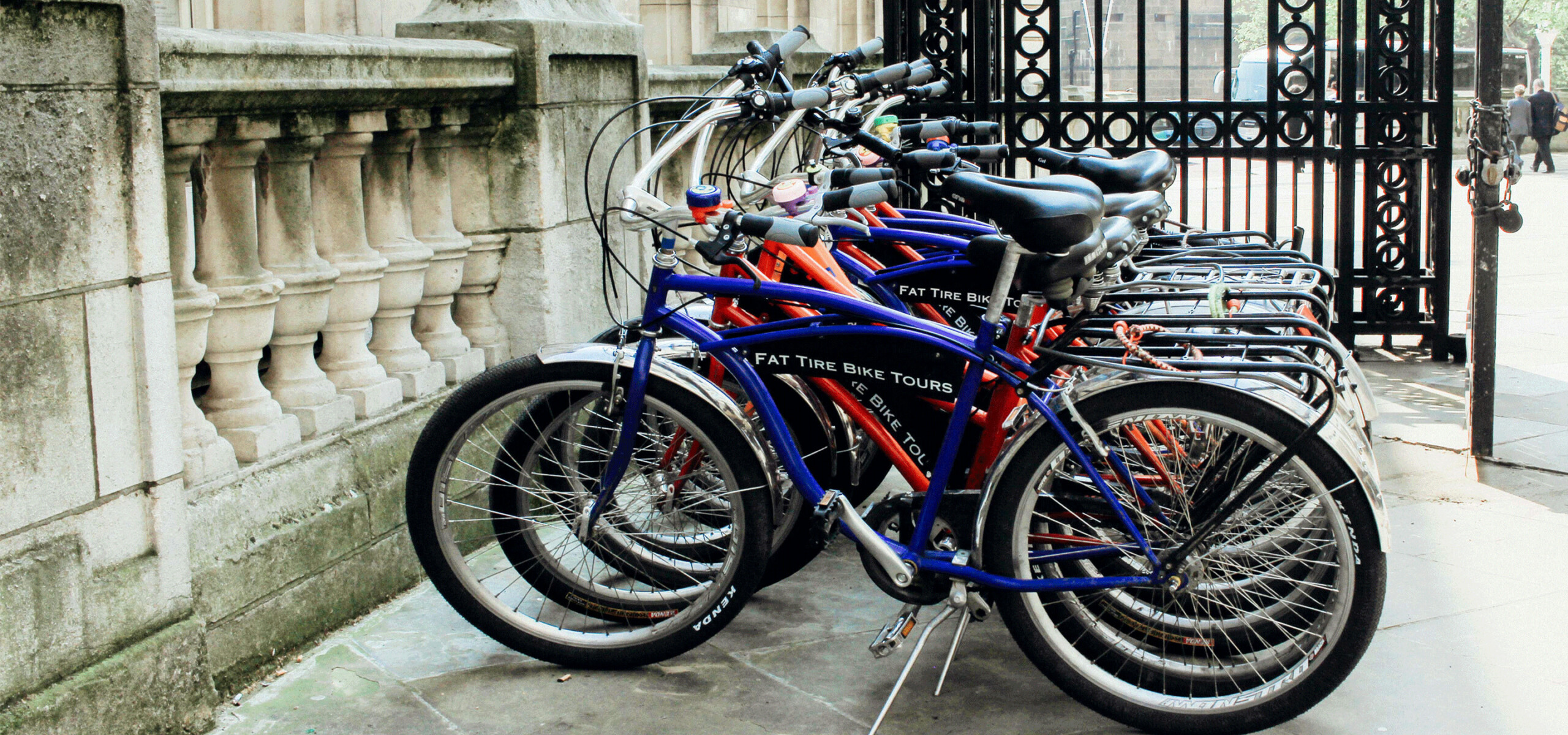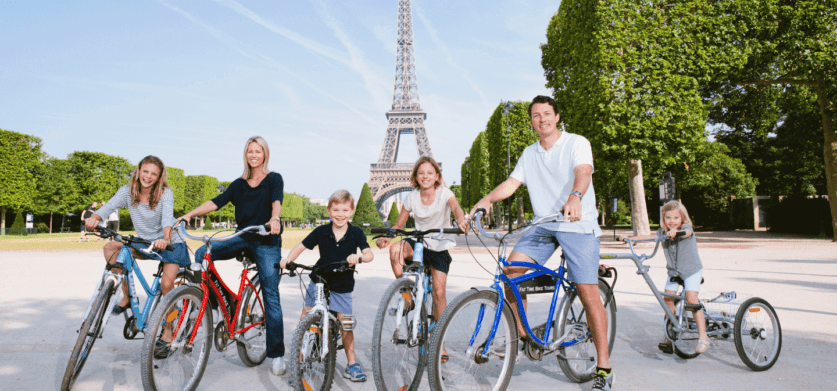Naturism in the DDR: Here’s the naked truth
Germans like to get naked. Or at least old East Germans like to get naked.
Freikörperkultur (FKK) is movement which began in Germany, translating to ‘Free Body Culture’ it effectively means a naturist approach to life, especially within sports and community living. The major tenet of FKK is the enjoyment of nudism, without any sexual connotations.
The German nudist movement was the first of its kind and today there are very few restrictions on non-sexual public nudity in Germany.
On our City Bike Tour we bike through Tiergarten and on the warmer days there is one meadow which we consider to be FKK-tastic. A local haunt for people looking to sun themselves in a tan-line-free way.
At the end of the 19th Century public nudity became increasingly taboo in Germany. As a result the first ever FKK Club was founded in Essen in 1898. The movement was based on an attitude of shame-free nudity and many nudist bath houses popped up in Berlin and North Germany. As these baths became popular among urban intellectuals, conservative circles tried to ban them for corruption of morality. That didn’t really work out and in 1920 the first ever nude beach opened on the German island of Sylt.
Banned by the NAZIs
As the Nazi’s came into power in 1933, all nudist organisations were banned, however to soften the blow, nude swimming was allowed in very remote areas in 1942.
After World War II, FKK became hugely popular in the largely restrictive German Democratic Republic. In a world where their every move was observed by the Stasi, East Germans felt they were already naked in the eyes of the State. There was nothing more to hide. FKK became one of the few liberties East Germans felt they had.
A Threat to the working People of the DDR
In the early days of the GDR, the Politbüro attempted to forbid the movement, seeing it as a throw-back from Nazi Germany, one which threatened ‘the natural and healthy feelings of our working people’. Luckily many FKK’ers were party members; judges, police and politicians who protested that FKK was not a sign of bourgeois degeneracy but rather something to be encouraged by the regime. By the end of the sixties FKK was practically a national past time. People flocked to seaside resorts to give it a try; nudist camping becoming extremely popular.
In a realm of rules and regulation the citizens of the GDR carved out their own freedoms. They advocated progressive attitudes towards sex; the seventies saw many illegitimate children born, people filing for divorce in love-less marriages, casual sexual dalliances with work mates. FKK was certainly at the root of this.
25 years later FKK is still going very strong in Germany, although predominately in the old East. One popular form of FreiKörperkultur is ‘Nacktwanderung’ (Naked Rambling), which is pretty much what the name suggests. If you visit any of Berlins’ incredible lakes in the coming summer, it is likely you will see a lot more than you bargained for. When in Berlin…get involved!
[maxbutton id=”1″ url=”https://www.fattiretours.com/berlin/tours/highlights-bike-tour” text=”Explore Berlin Highlights by Bike!” ]
Explore all that Berlin has to offer on one of our tours!



